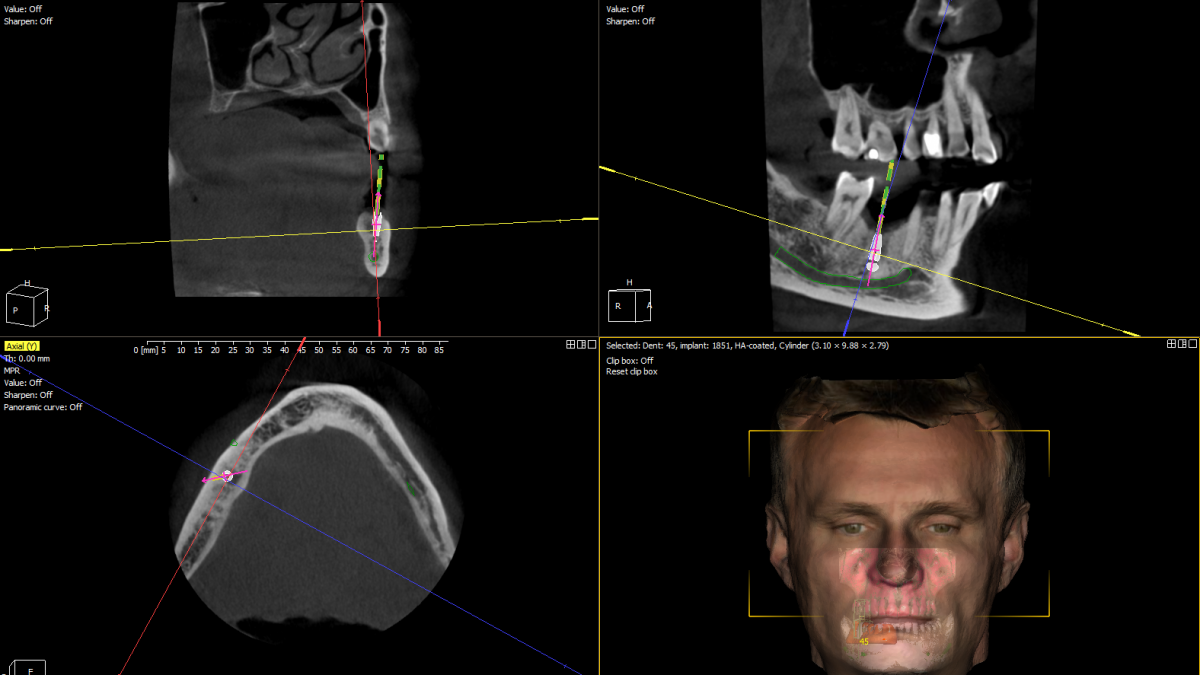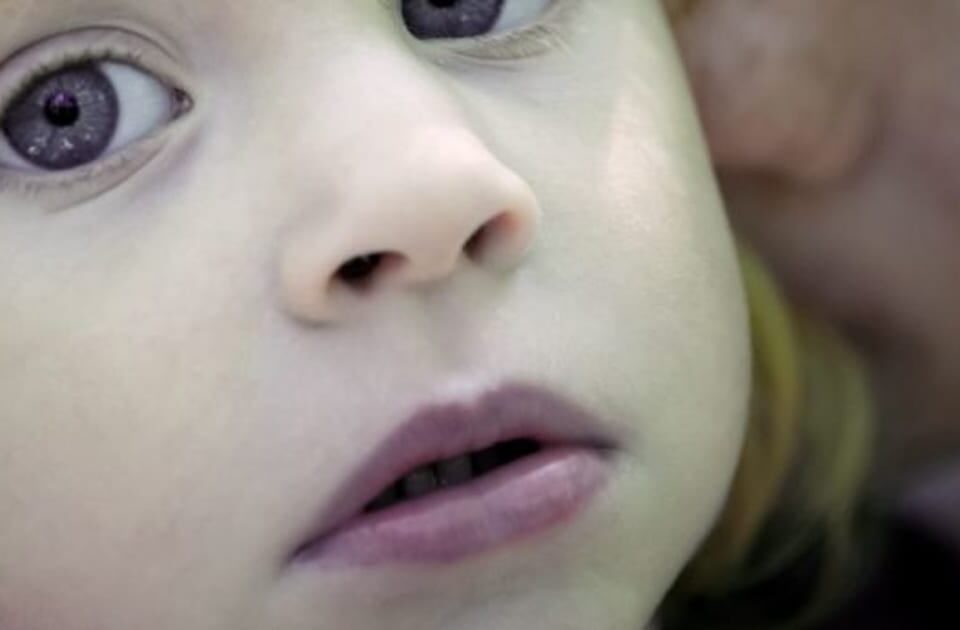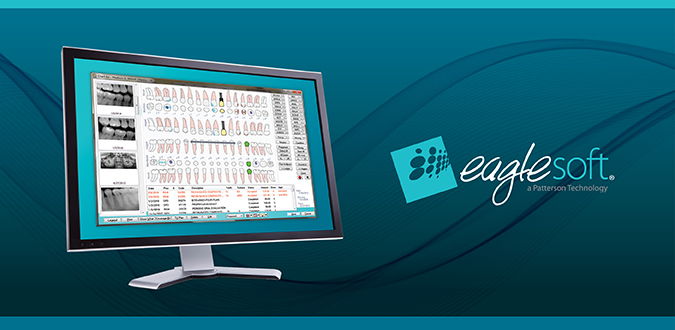Dental Sensors, What You Need to Know
July 12, 2022
Dental sensors reviews
June 30, 2023CBCT is a 3D imaging technique that is used in dentistry. It provides detailed information about the jawbone and teeth, which can be helpful in diagnosing problems. While CBCT scans are generally considered safe, there is some concern about the potential for radiation exposure. In this article, we will discuss whether or not a CBCT scan is necessary.
What is CBCT scan?
A CBCT scan is a type of X-ray that provides detailed images of the bones, tissues, and blood vessels in a specific area of the body. Unlike a traditional X-ray, a CBCT scan uses a cone-shaped beam of radiation to produce three-dimensional (3D) images of the target area. This technology is often used by dentists and oral surgeons to obtain clear images of the teeth, gums, and surrounding structures.
CBCT scans are generally considered safe, as they use less radiation than traditional X-rays. However, as with any type of imaging procedure, there is a small risk of exposure to harmful radiation. Therefore, it is important to consult with your healthcare provider to determine if a CBCT scan is necessary for your specific situation.
What are the benefits of CBCT scan?
A CBCT scan is a type of X-ray that produces images of the inside of your body. It is used to diagnose and treat conditions such as cancer, heart disease, and lung disease. CBCT scans are also used to guide surgeries and other medical procedures.
CBCT scans have many benefits. They are painless, accurate, and fast. They can be used to diagnose conditions early, when they are most treatable. CBCT scans can also help doctors plan surgeries and other medical procedures.
CBCT scans offer a number of benefits over traditional X-rays. They provide a more detailed view of the teeth and surrounding structures, which can be helpful in diagnosing problems such as decay, periodontal disease, and impacted teeth. CBCT scans can also be used to plan treatment for dental implants and other procedures.
Are there any risks associated with CBCT scan?
There are very low risks associated with CBCT scan. The amount of radiation you are exposed to during the scan is small and there is no evidence that it causes any health problems. There is a very small risk that the scan may not be clear and you may need to have it repeated. There is also a very small risk of an allergic reaction to the contrast agent used during the scan.
Who should get a CBCT scan?
A CBCT scan is a type of X-ray that produces 3D images of the teeth, jaws, and surrounding structures. They are commonly used in dental implant planning and to diagnose problems with the teeth and jaws. Your dentist or oral surgeon will recommend a CBCT scan if they need more information about the teeth and jaws, or if they are planning a dental implant surgery.
CBCT scans are not necessary for everyone. Your dentist will recommend a CBCT scan if they feel it is necessary for your dental treatment.
A CBCT scan is a 3D X-ray of the teeth and jaws. It is used to help plan dental treatments, such as implants, root canals and tooth extractions. It can also be used to diagnose problems with the teeth and jaws, such as infections, tumors and fractures.
CBCT scans are generally safe, but they do expose you to a small amount of radiation. Therefore, they should only be done when necessary. Your dentist or oral surgeon will determine if a CBCT scan is needed based on your medical history and the type of treatment you are receiving.
How often should you get a CBCT scan?
There is no definitive answer to how often you should get a CBCT scan. However, many experts agree that it is important to have one every two to three years. This helps to ensure that your teeth and jaws are healthy and free from any problems. If you have any concerns about your oral health, you should speak to your dentist or orthodontist. They will be able to advise you on whether or not you need a CBCT scan.
You should get a CBCT scan every two to three years.
Conclusion
As with any medical procedure, it is important to discuss the risks and benefits of CBCT scan with your dentist or oral surgeon. While CBCT scan may be a helpful diagnostic tool, it is not without its risks. Be sure to ask your dental professional if CBCT scan is right for you and whether the benefits outweigh the risks.




